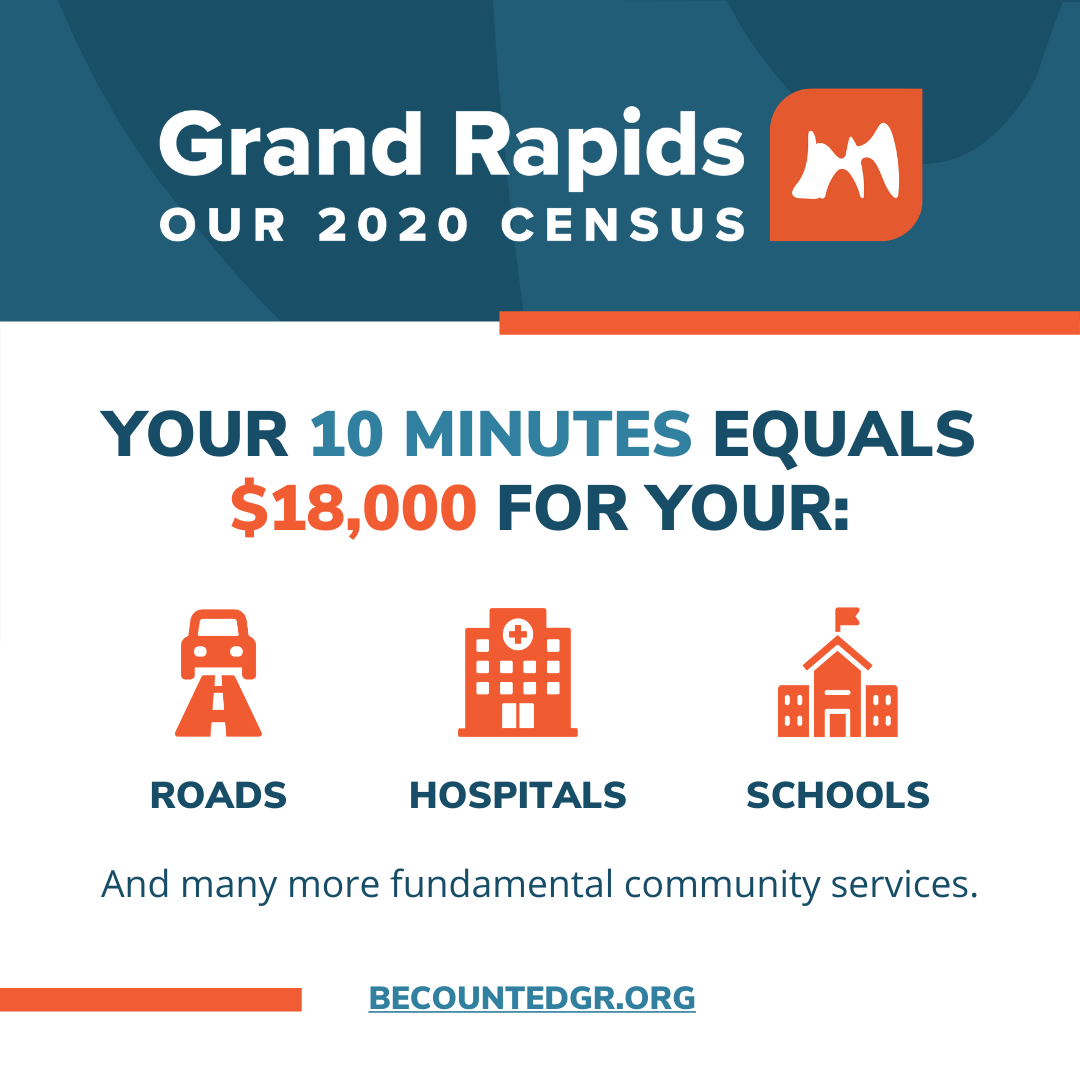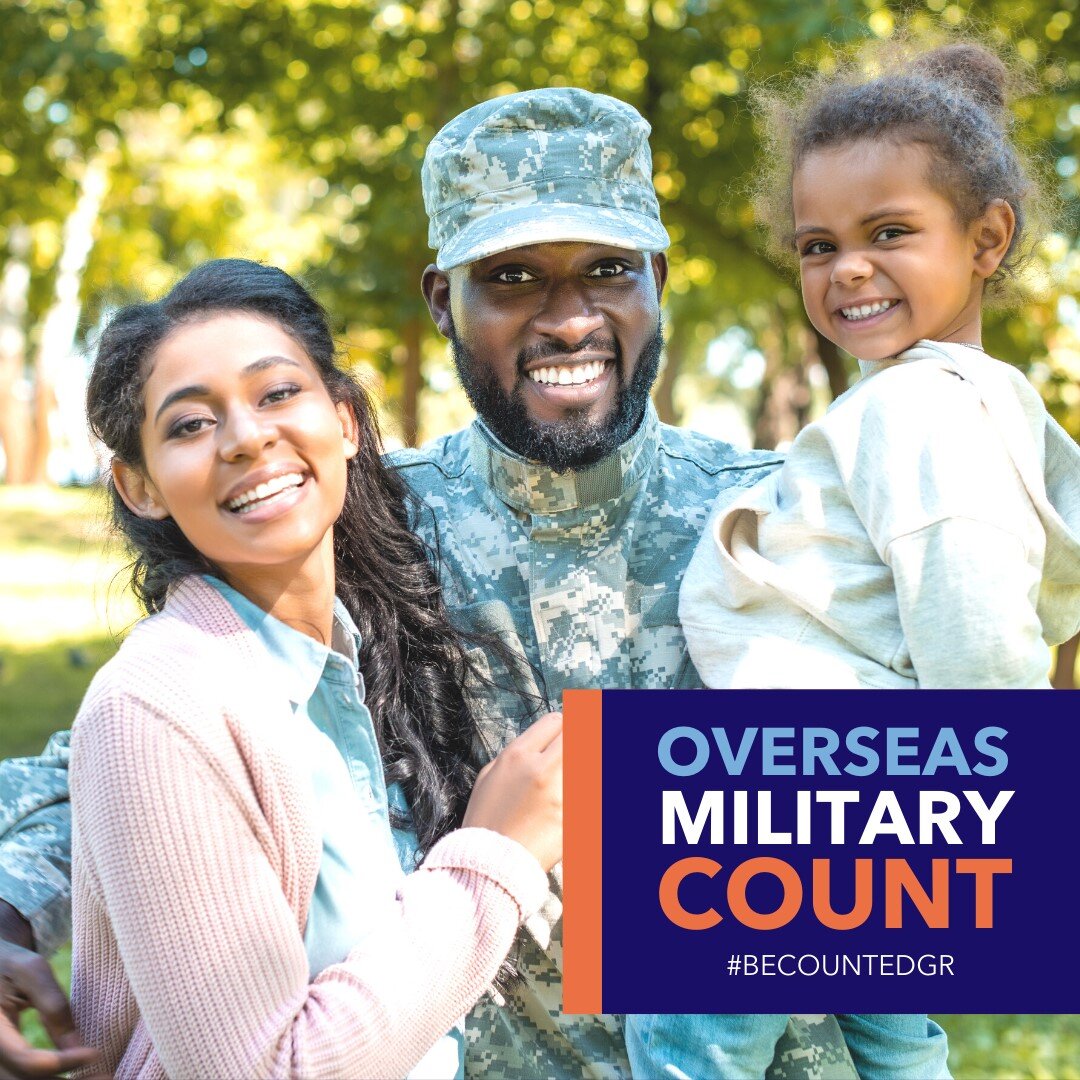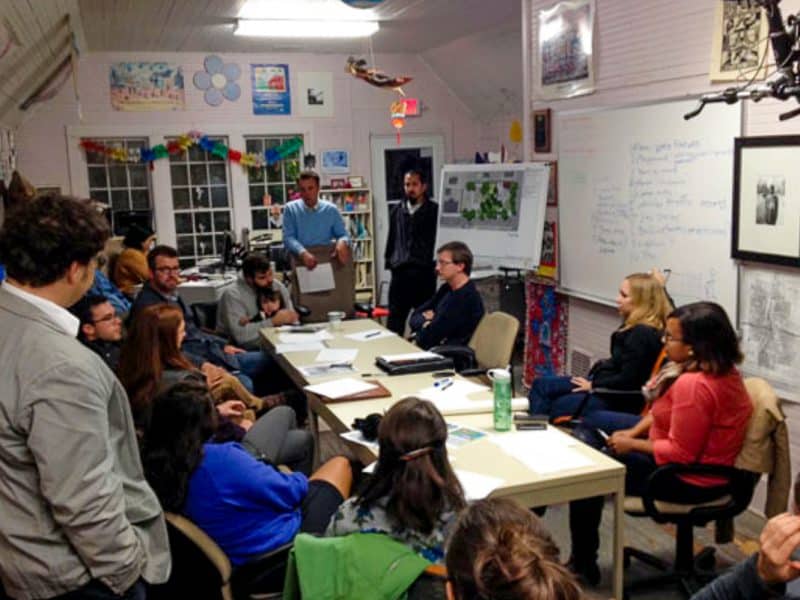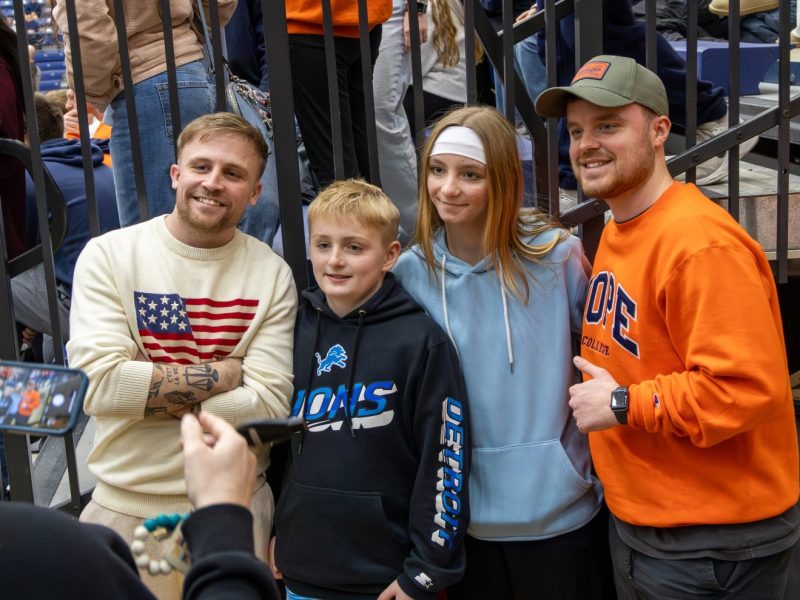Local organizers continue effort to reach historically undercounted communities in census 2020
With the 2020 census underway as of April 1, both the City of Grand Rapids and community organizations are actively working to engage with residents to dispel myths around the census and highlight the importance of completing it — even despite additional barriers brought on by COVID-19. Several local organizations are connecting with typically undercounted communities to help ensure more accurate representation this time around.
“I’ve found there are a lot of people that [have] not heard of the census,” says Kathi Harris, census coordinator for the City of Grand Rapids.
Whether it is due to age or lack of exposure, Harris is seeking to make sure all community members not only know about the census but also feel comfortable and confident completing it. Hired in August 2019, Harris seeks to “connect with the community, [especially] the historically hard to reach, hard to count communities.” Working with her team of ambassadors, and leveraging businesses, partners, and other organizations, Harris has a goal of increasing overall participation in this year’s census. During the last count in 2010, the city recorded a 77% participation rate.
“Because of our response rate in 2010, [the city] wanted to increase the numbers. We wanted to go out and make sure that everyone was counted in every neighborhood. We wanted to reach out, connect with [people], educate them, and inform them about the census,” she says.
Leveraging community support
Some of the community organizations Harris’ team has connected with are recipients of Heart of West Michigan United Way funding, focused on connecting with historically undercounted communities. These mini-grants were provided to 19 organizations to assist with census outreach and engagement. Two of the recipients are Migrant Legal Aid and HQ.
The 2020 Census asks simple questions about each individual who is or will be living at their respective residence as of April 1, 2020. One common question about completing the census is who gets counted. The census counts individuals based on their “usual residence,” or where they spend the majority of their time. When determining how to complete the questionnaire, this may create confusion for people who are transient or experiencing homelessness.
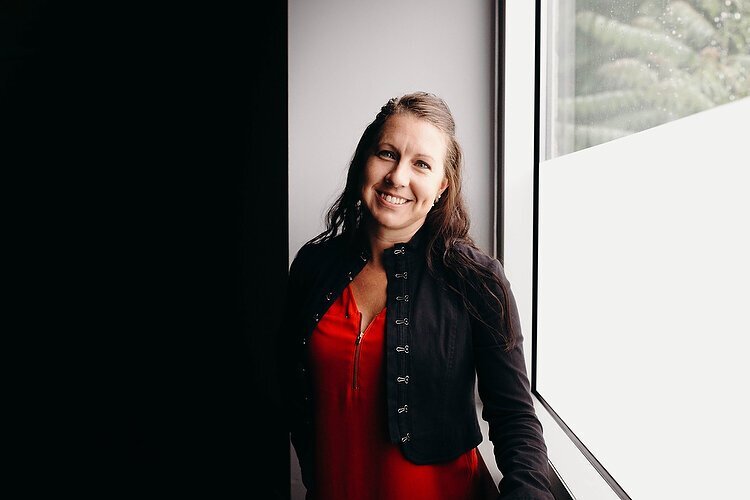
Founded in December 2014, HQ is a youth drop-in center for homeless and runaway youth.
When it comes to the census, Steininger echoes the importance of accurate information. “We chose to apply for these funds and technical support due to the overwhelming number of youth experiencing housing insecurity who also communicate a general distrust for ‘the system’ and the government.”
The migrant community also tends to have this distrust. “It is critical that our clients be counted,” says Teresa Hendricks, Migrant Legal Aid’s executive director and senior litigator. They applied for funding “because we have unique access, trust, communication, and existing relationships that help us reach [people] in their rural, often isolated, places of employment, [and] housing.”
Hendricks adds, “Historically, farmworkers have been undercounted in the 1990 and 2000 censuses. They are at even more jeopardy of undercounting now, given the political environment and ICE policy changes that put them at increased risk of family separation.”
Overcoming misconceptions
When it comes to educating and informing residents, Harris and her team work to overcome people’s fears. “People don’t trust the process,” says Harris. “They don’t trust the government [and] they don’t think that [the census is] affecting them.”
Immigrants may also be overcoming stigma or fears from how similar processes worked in their homeland. “Refugees may not want people to know where they are so they don’t want to fill the form out because they think it’s a way for [the government] to find them. We try to dispel that myth that this information will help the government find them. With all of the issues we’ve had [recently], we don’t want to get caught up in the system.”
“In other countries, [a census] may mean something different,” says Harris. “Here, it’s used [differently], it’s not used against them, it’s used to help them. Once we get past that, it’s usually ‘okay, I will go ahead and fill it out.’”
HQ has been able to leverage their grant funds to address these concerns within the population they serve. They have been able to create “[personalized] messaging and outreach for youth who come to the drop-in center. We have focused on providing accurate information on the importance and purpose of the census,” says Steininger.
Increasing accessibility
“I don’t know what they are doing in other cities, but in Grand Rapids, we are making an effort to reach out to everyone in every corner of the city,” Harris says. Understanding the diversity within the city has created a new opportunity for the ambassador team.
In addition to utilizing interpreters when connecting with individuals, Harris’ team has taken it a step further. “We have created materials in six different languages but [when the form comes out], it is available in more than that,” Harris says. “We stress that if you can’t read the English form, we have a form that you can understand.” Additional forms were in process but have been halted due to the shutdown because of COVID-19. Through the Census Bureau, however, there are over a dozen language options for completing the questionnaire and instruction forms in 50 languages.
In addition to providing Spanish language instructional tools and training to outreach workers in the field, Migrant Legal Aid is also leveraging technology in its outreach. “We’ve done social media posts weekly on Facebook, Twitter, and Instagram to promote census participation, and we’ve included it in our website,” Hendricks says.
Highlighting community impact
“This is a critical process so communities can be eligible for accurate funding in addition to enhancing the decision-making process for local organizations and businesses,” Steininger says.
As many people are unaware of how the census data is used, Harris’ team works diligently to inform everyone they connect with about the personal benefits. “We make sure that we explain how the community, the schools, [and] the children [are affected]. The lunch programs, after school programs, roads, hospitals — a lot of the programs that we take for granted every day, the census count coming back gets the funding to help our programs. We make sure people understand that,” Harris says.
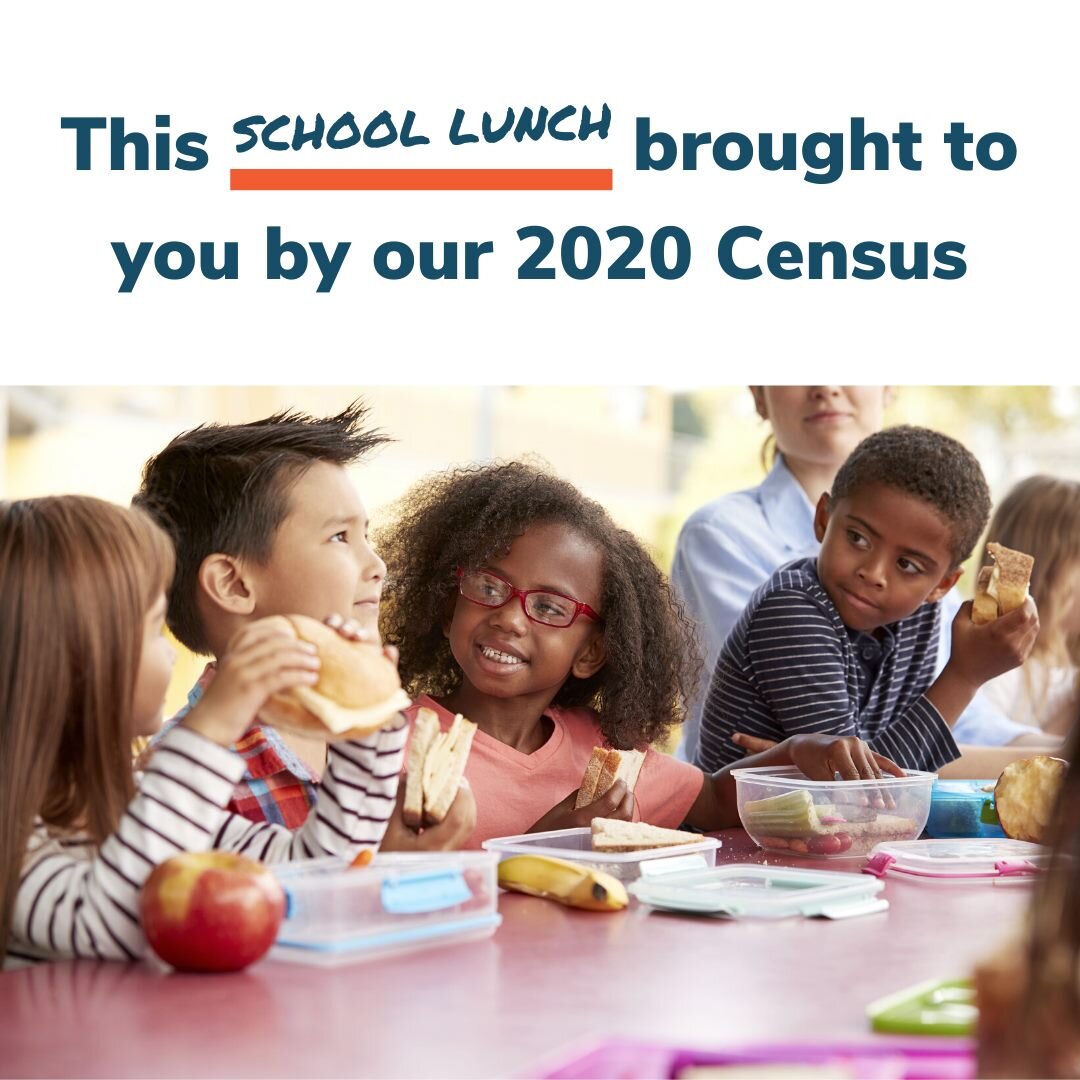
To highlight the impact of accurate representation, Harris has been asked to increase community participation in this year’s census to 85%. Personally, she wants to do more. “My goal is a little bit higher. In my conversations, I always say 100%. We can do this. I know 100% is hard to reach but at least 85% is raising the bar.” With the transition to include online submissions, “in this decade, it’s a lot easier to respond than it was 10 years ago,” she adds.
Combating COVID-19
These three entities had plans to assist individuals in person with completing the census, and now that is in flux.
Prior to the onset of COVID-19, Migrant Legal Aid had “set up a computer to accommodate clients filling out the census online and [had] advertised our office as a census hub,” Hendricks says.
HQ had created “several spaces where youth could access the census and complete it in comfort,” Steininger says. Now, however, they have begun providing support by phone, she says.
Harris and her team have had to postpone their planned in-person sessions at various locations throughout the city and transition their outreach to telephone calls. “Right now, my list has reached over 10,000 residents [long]. I’m still working on it on a daily basis. I’m making phone calls and reminding people to please fill out the census,” says Harris.
Maintaining momentum
“In the midst of COVID-19, people are not thinking about filling it out and that this is still important,” Harris says. At the federal level, multiple aspects of the process, including filing deadlines and census taker activities have been extended or delayed. For Harris, it’s important to keep the momentum going.
With the funding that relies on the results of the census, she stresses that despite what is currently taking place, people need to understand the importance of following through on their questionnaires. “[The census] is important as well. When this is all over, we still have to move forward with the community. We want to make sure the funds we had coming before, we still have coming after [this],” she says. “We also want [people] to practice social distancing [and] to stay at home and be safe, but while they’re at home, to complete the census. It only takes a few minutes.”
If people have questions, she encourages them to reach out to her, 311, or the census bureau directly.
To learn more about the local census outreach, visit the City of Grand Rapids’ website or the Be Counted GR Facebook page.
About Leandra Nisbet: Leandra Nisbet, Owner of Stingray Advisory Group LLC and Co-Owner of Brightwork Marine LLC, has over 14 years of experience in leadership, sales & marketing and graphic design. She helps businesses grow and assists with: strategic planning, marketing concept development/implementation, risk management, and financial organization. She is actively involved in the community, sitting on several Boards and committees, and has been recognized as one of the 40 Under 40 Business Leaders in Grand Rapids.
Contact Leandra Nisbet by email at leandra.rapidgrowth@gmail.com!
Photos courtesy Be Counted Grand Rapids 2020 and HQ, respectively.

